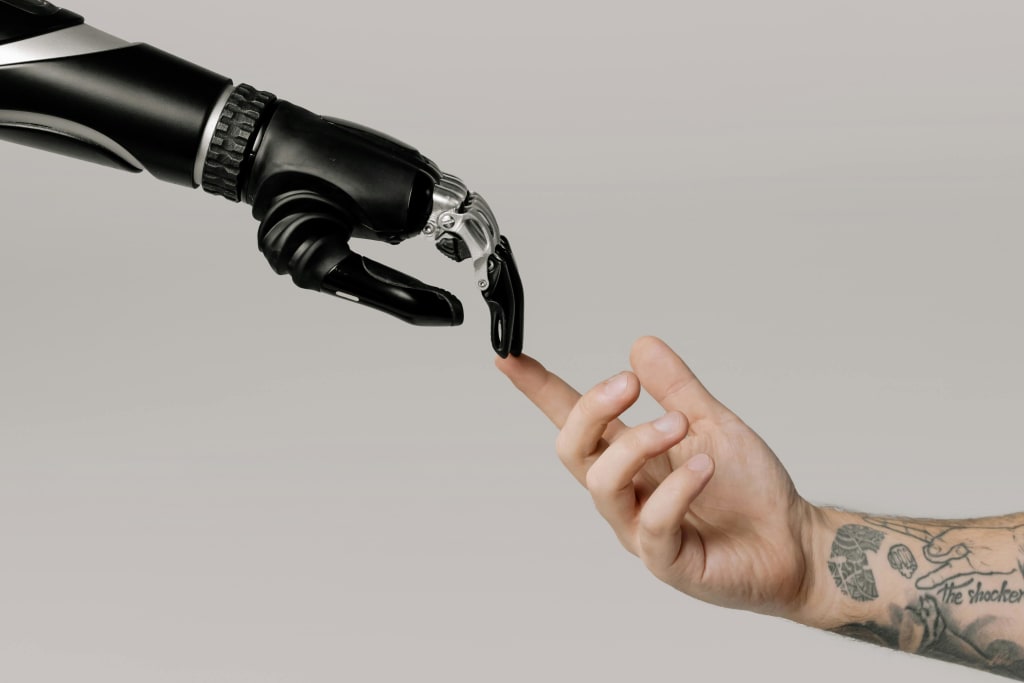
In the rapidly evolving landscape of technology, the integration of artificial intelligence (AI) into various aspects of our lives has become inevitable. As we usher in a new era of innovation and efficiency, the ethical implications of AI development and implementation cannot be ignored. This article delves into the ethical considerations surrounding artificial intelligence, highlighting the challenges and opportunities that lie ahead.
The Dual Nature of AI Ethics :
Ethics in AI is a multifaceted concept, encompassing the development, deployment, and impact of intelligent systems. On the one hand, AI holds immense potential for enhancing productivity, automating tasks, and solving complex problems. On the other hand, the unchecked use of AI could lead to unintended consequences, including bias, job displacement, and threats to privacy.
Transparency and Accountability :
One of the primary ethical concerns in AI development is the lack of transparency. As AI systems become more sophisticated, understanding how they make decisions becomes increasingly challenging. The lack of transparency can result in a loss of accountability, as developers and users may not fully comprehend the rationale behind AI-generated outcomes. Striking a balance between innovation and accountability is crucial for ensuring that AI is developed and deployed ethically.
Bias in AI Algorithms :
Bias in AI algorithms is a growing concern that has garnered significant attention in recent years. AI systems learn from vast datasets, and if these datasets contain biases, the AI models may perpetuate and even amplify those biases. Whether it's gender, race, or socioeconomic biases, addressing and mitigating these issues is imperative for the ethical use of AI. Developers must prioritize diversity in training data and implement rigorous testing procedures to identify and rectify biased outcomes.
Job Displacement and Economic Impacts :
As AI continues to advance, concerns about job displacement have become more pronounced. Automation and intelligent systems have the potential to streamline processes, but they may also replace certain job functions, leading to unemployment and economic disruption. Ethical considerations must extend beyond the development phase to include strategies for retraining and upskilling the workforce. A responsible approach involves a collaborative effort between policymakers, businesses, and educational institutions to prepare for the changing nature of work.
Privacy and security :
The integration of AI often involves the collection and analysis of vast amounts of personal data. Ensuring the privacy and security of this data is a critical ethical consideration. Striking a balance between innovation and protecting individual privacy is a delicate task that requires robust regulations and responsible data management practices. Ethical AI development must prioritize user consent, data anonymization, and secure storage to prevent misuse and unauthorized access.
International Collaboration and Standards :
International collaboration is crucial for establishing ethical standards in Artificial Intelligence (AI). As AI development transcends borders, a unified approach is necessary to ensure responsible practices. Collaboration fosters the creation of global standards, promoting transparency, accountability, and a shared ethical framework. By working together, countries and organizations can contribute to the development of a responsible and universally accepted AI ecosystem, addressing challenges and maximizing the positive impact of AI on a global scale.
As we navigate the future of artificial intelligence, the ethical considerations surrounding its development and deployment are of paramount importance. Striking a balance between innovation and ethical responsibility is a collective effort that involves policymakers, developers, businesses, and society at large. By addressing issues such as transparency, bias, job displacement, privacy, and international collaboration, we can shape an AI future that benefits humanity while upholding ethical standards. As technology continues to advance, the ethical foundation we lay today will determine the positive impact AI can have on our world tomorrow.
About the Creator
Arthy Raj
TAKE IT LITE, AND WALK OFF FROM THAT PATH.





Comments
There are no comments for this story
Be the first to respond and start the conversation.